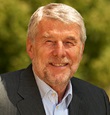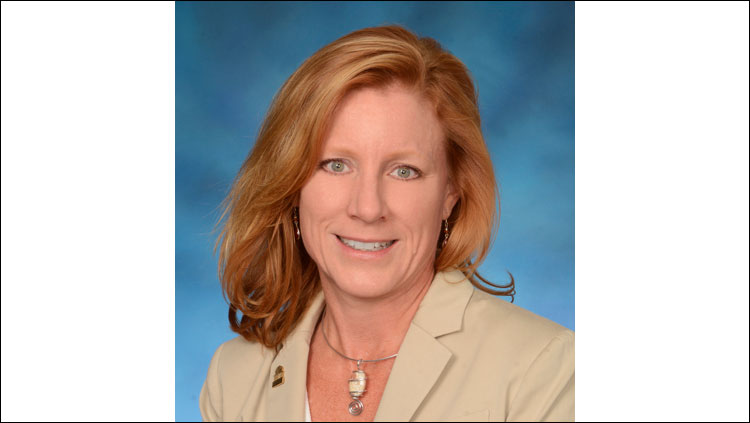Message From the President: Committed to Our Global Community

Barry Everitt
When the Nominating Committee asked me to stand for election as SfN president and potentially become the first in that role to reside outside North America, my initial response was “no.” I was uncertain both that I could fulfill this demanding role from the United Kingdom (UK) and that an organization with ~60% of its membership living in the U.S. would embrace a president from outside it.
You would not be reading this if I didn’t eventually change my answer, largely because I had seen first-hand SfN volunteer leadership’s growing commitment to its international members. It was really heartwarming to receive so many personal messages of congratulations and support and I am truly honored to be SfN’s first president from outside North America in its 50-year history.
SfN’s volunteer leaders bring commitment, time and energy to the Society, directing its programming and resources to best serve the membership. They also know that the amazing staff at SfN’s headquarters really deliver on the sometimes highly demanding requests volunteer leadership make. My first experience as a volunteer was on the Program Committee 15 years ago, selecting lectures and symposia and sessioning abstracts for the SfN annual meeting alongside 50+ colleagues covering the breath of neuroscience. Later, then-President Moses Chao invited me to be program chair — again the first from outside the U.S. — and again experienced the committee’s openness to increase diversity through international participation at the annual meeting that better reflected its membership.
“There is tremendous value in international scholarship.”I saw that same openness to increased international representation in SfN again when serving on SfN’s Committee on Committees. I would attend armed with numerous names of members beyond North America and this extraordinary committee worked to ensure that the Society’s volunteer leadership reflected (among many factors) the countries of origin of its membership.
There is tremendous value in international scholarship. I see that every day in my role as provost of the Gates Cambridge Trust, which each year fully funds around 90 outstanding PhD and MPhil graduate students from outside the UK to study at the University of Cambridge. Among the challenges facing many of these scholars moving to a new country — many of them SfN members — are, first, navigating visitor, immigration, and visa study rules and then, having done so, adapting to the culture, including the research culture, of their host country. SfN is privileged to have numerous members who have navigated this challenge successfully and shared the lessons they learned on Neuronline, the Society’s home for learning and discussion.
The major efforts by SfN to support its international membership has positioned the Society to respond to the many nations that have raised barriers to international travel and collaboration — the U.S. in particular, where the annual meetings are held, but also the UK and other countries. Neuroscience 2019 saw the launch of Science Knows No Borders, an opportunity for scientists who had been denied a U.S. travel visa to share their science without attending, with the opportunity to get in touch with interested attendees. With travel costs continuing to be a significant barrier for neuroscientists traveling internationally, SfN maintains relationships with the Federation of European Neuroscience Societies, the Japan Neuroscience Society, and the International Brain Research Organization to provide travel awards that enable members from across the world to attend the society’s annual meetings.
“I strongly encourage you to engage with your local SfN Chapter… and join in their planned BAW activities.”In the face of these challenges, it is vital that we continue to share with governments and with society at large the value of our research and the excitement of discovery. SfN will host its annual Capitol Hill Day in Washington, D.C., March 5, where neuroscientists from around the world will meet with U.S. policymakers to discuss their latest discoveries and the funding that made it possible. I attended this event last year and will do so again this year, and it was reassuring to discover when meeting many policy makers the significant bipartisan support for neuroscience and NIH among U.S. senators and representatives. The internationally vibrant Brain Awareness Week (BAW) 2020, running March 16–22, further offers a wonderful opportunity for neuroscientists to reach into their communities and share the joy of neuroscience with members of the public, young and old. I strongly encourage you to engage with your local SfN Chapter, or with one of the many participating organizations around the world, and join in their planned BAW activities.
I look forward to continuing SfN’s efforts toward engaging and providing value to all its members, no matter which country they call home. In this time of hardening boundaries, our collective commitment to our global community will help ensure our boundary-crossing discipline remains vibrant.


















